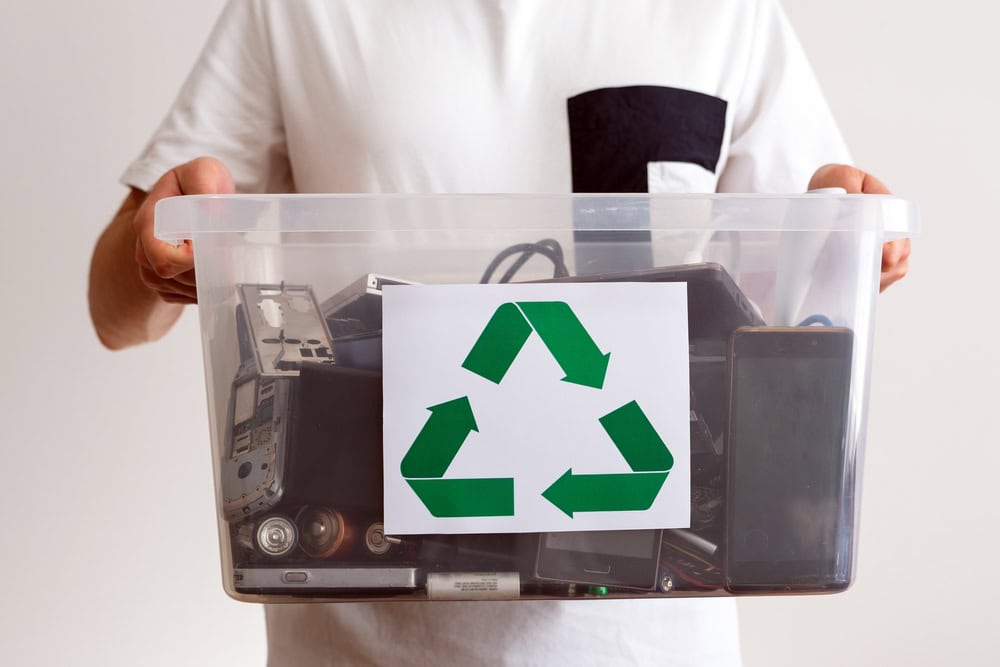Eco-Friendly Relocation: A Complete Guide

Relocating can significantly impact the environment through waste generation and resource consumption. Follow these guidelines to ensure your move is as eco-friendly as possible.
Responsible Disposal Methods
Recycling:
-
Cardboard and paper
-
Glass containers
-
Plastic bottles and jugs
-
Metal cans and scrap
-
Electronics
-
Appliances
Donation:
-
Clothing and footwear
-
Household linens
-
Working electronics
-
Furniture
-
Kitchen items
-
Books and media
-
Unopened food
Selling:
-
Valuable items through online platforms
-
Yard sales for neighborhood items
-
Antiques to specialty shops
-
Bulk items through classified ads

Hazardous Materials Management
Never Dispose Of These Items In Regular Trash:
-
Cleaning supplies
-
Paint and varnish
-
Batteries
-
Motor oil
-
Pesticides
-
Fluorescent bulbs
-
Electronics
-
Chemical products
Proper Disposal Methods:
-
Use community collection events
-
Visit designated drop-off sites
-
Return to point of purchase
-
Arrange special pickup services
-
Contact environmental agencies

Moving Company Selection
Key Questions To Ask:
-
Do they reuse packing materials?
-
Are their vehicles fuel-efficient?
-
What environmental practices do they follow?
-
How do they handle waste?
-
Do they recycle materials?
Never Choose A Company That:
-
Requires new boxes only
-
Lacks environmental policies
-
Uses excessive packaging
-
Doesn’t offer recycling
-
Ignores fuel efficiency

DIY Moving Guidelines
Essential Practices:
-
Source used boxes from local stores
-
Reuse packing materials
-
Minimize plastic wrap use
-
Choose biodegradable materials
-
Plan efficient loading
Never:
-
Buy new boxes unnecessarily
-
Waste packing materials
-
Ignore recycling options
-
Create excessive waste
-
Use single-use plastics

Summary: Environmentally Responsible Relocation

Key Points To Remember:
-
Plan disposal strategies early
-
Use appropriate disposal methods
-
Handle hazardous materials properly
-
Choose eco-conscious movers
-
Minimize waste throughout
Success depends on advance planning and commitment to environmental responsibility. When in doubt, consult local environmental agencies or waste management services for guidance.